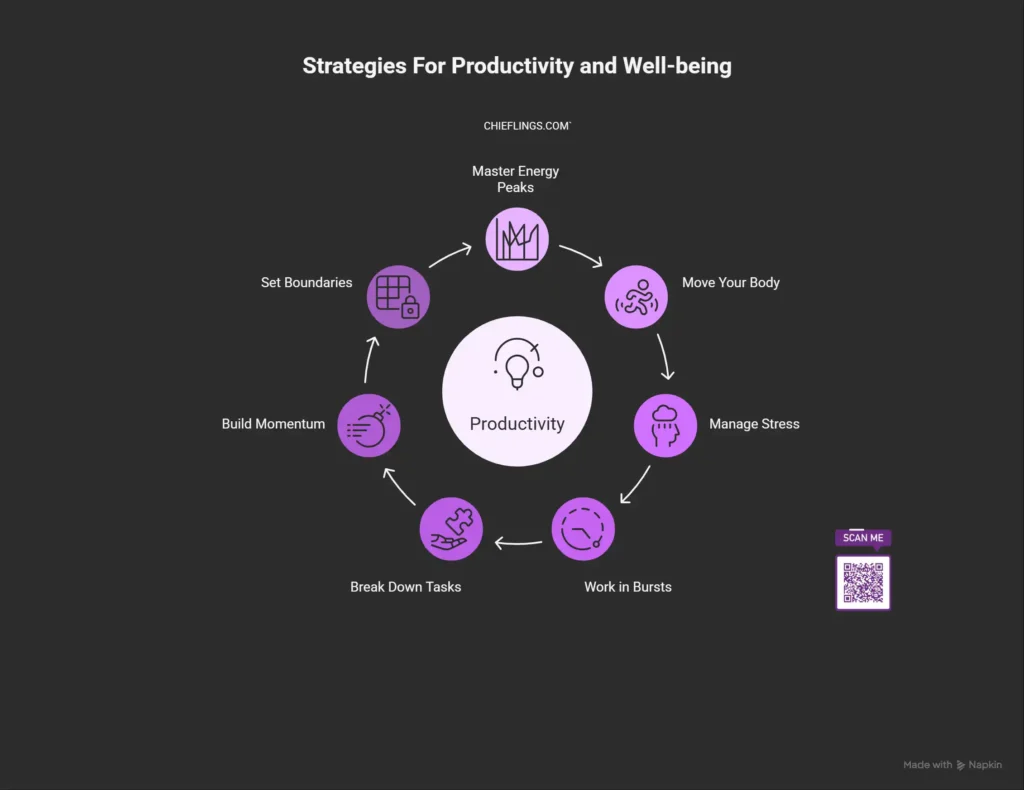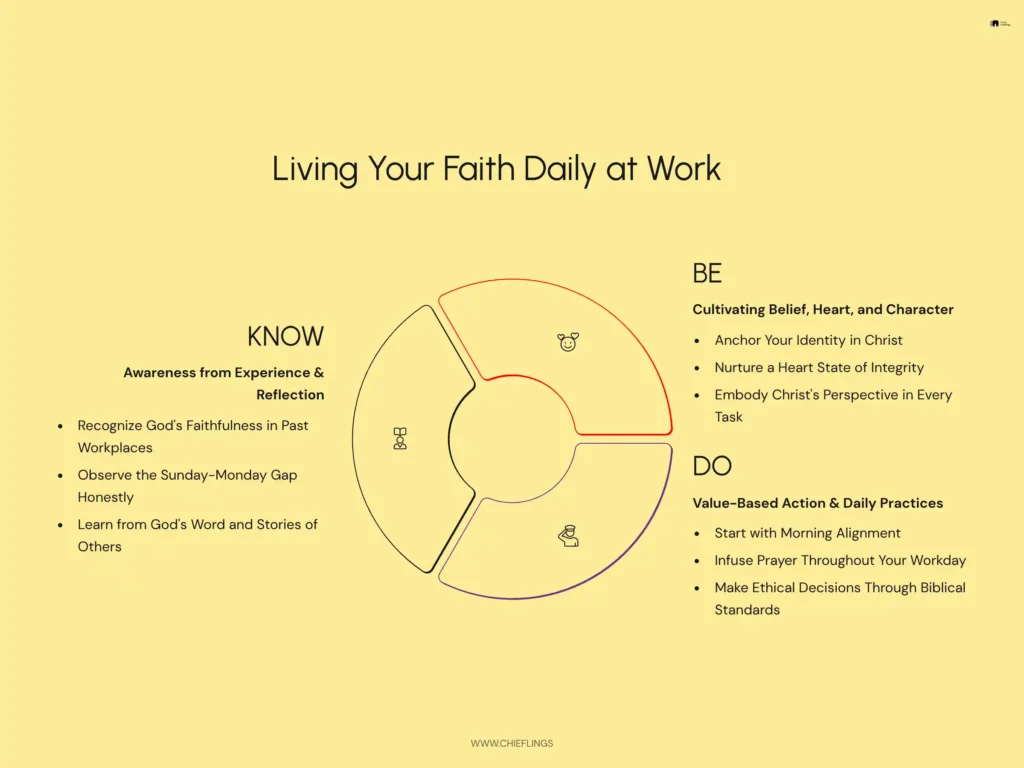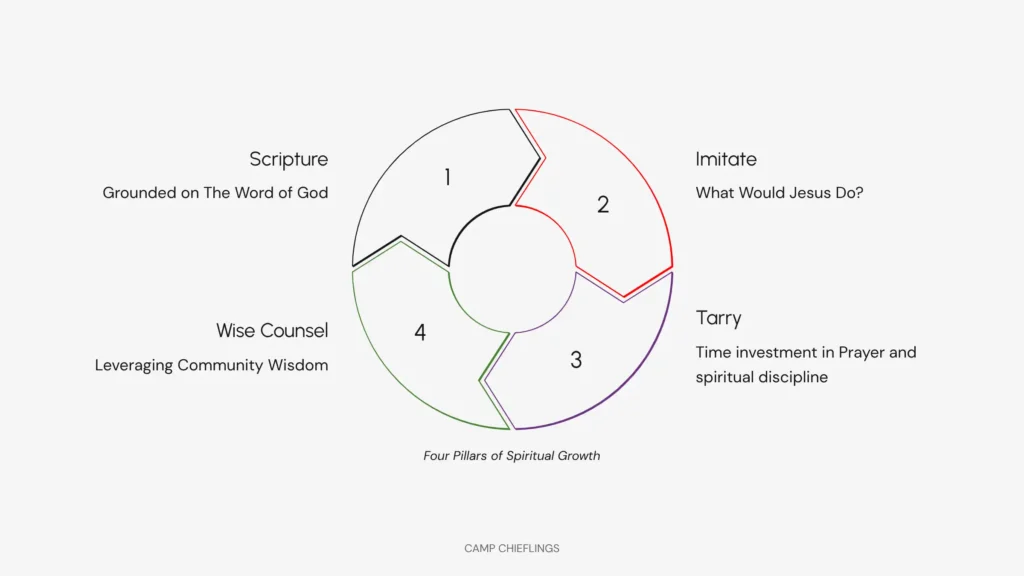It happened again last week. A colleague I met recently pulled me aside after a meeting and shared something deeply personal – their struggle with anxiety about a work presentation.
As they spoke, I realized this wasn’t unusual.
Throughout my career, I’ve noticed people seem drawn to confide in me, even when we haven’t built a particularly close relationship yet.
They make comments like, “I just feel free around you”, or “my spirit agrees with you”.
People always say they feel comfortable talking to me. They feel they can trust me with their secrets without me having to prove my reliability through words or actions.
It’s like I have some kind of secret power, though I never consciously tried to cultivate it. This pattern made me curious.
What was it about me that created this dynamic? And more importantly, how could I leverage this to maximize influence and enhance my leadership capabilities?
My Journey to Understanding What Makes People Trust.
To better understand this dynamic, I embarked on a three-phased journey of self-discovery.
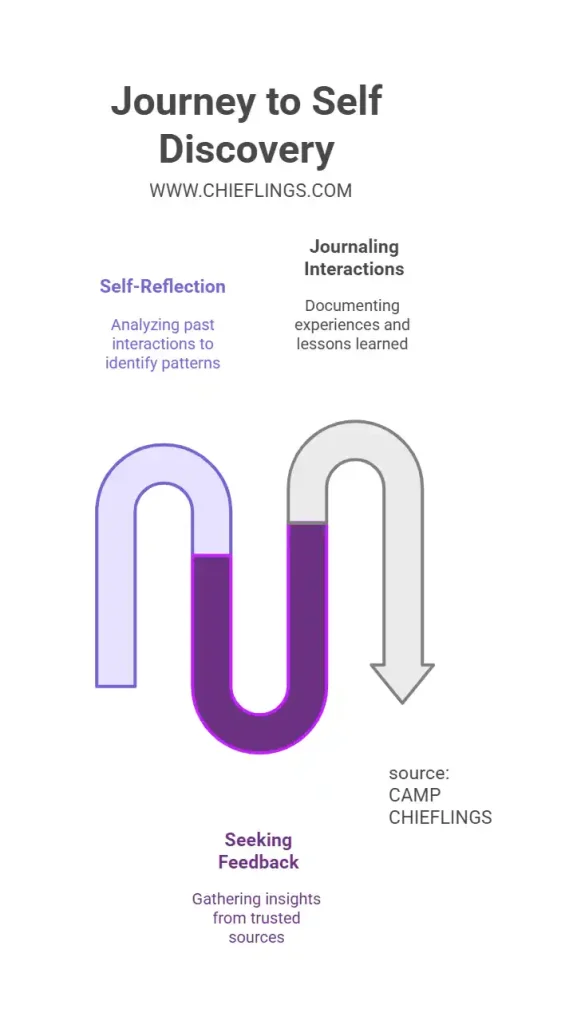
- Self-reflection became my starting point. I spent time thinking through my interactions, analyzing moments when people opened up to me. What was I doing? How was I responding? What environment was I creating?
- Then I sought feedback. I asked trusted friends and colleagues what they noticed about me that made them feel comfortable sharing. Some of their responses surprised me – they mentioned things I did unconsciously, like my body language or the way I asked follow-up questions.
- Finally, I started journaling about these interactions. I’d write down what happened, how I felt, and what I learned. This helped me identify patterns and understand the deeper mechanisms at play.
Through this process, I discovered something remarkable: there are specific, learnable traits that create this magnetic trustworthiness. And the beautiful thing is, anyone can develop them. Considering the rising demand for psychological safety, you can be ahead of the crowd by developing these traits.
The Hidden Impact of Open Sharing in Leadership
I’ve come to understand that when people feel safe enough to be vulnerable with you, something powerful happens. They don’t just share their problems – they start seeking your guidance, respecting your opinions, and following your lead more naturally.
This phenomenon isn’t just about being a good friend or colleague. It’s about influence. When someone trusts you with their innermost thoughts, they’re essentially saying, “I believe you have the wisdom and character to handle this responsibly.” That’s leadership currency you can’t buy.
I’ve also noticed this trait seems connected to certain personality types.
As an INFJ, I naturally lean toward deep, meaningful conversations rather than surface-level interactions. There’s something about the way INFJs process information and interact with others that fosters psychological safety. Even my phlegmatic tendencies – being calm, patient, and steady – seem to signal to others that I’m a safe harbor in their storms.
The Secret Power of Being Trustworthy: 10 Core Traits That Build Unshakeable Trust
- 1. Emotional Intelligence: The Foundation of Deep Connection
- 2. Authenticity: Being Real in a World of Facades
- 3. Magnanimity: A Heart Without Judgment
- 4. Active Listening: The Art of Hearing Souls
- 5. Radical Honesty: Truth as a Trust Builder
- 6. Integrity: Alignment Between Words and Actions
- 7. Respectful Boundaries: Knowing When Not to Press
- 8. Humility: Creating Space for Others to Shine
- 9. Confidentiality: The Sacred Trust
- 10. Vulnerability: Leading by Example
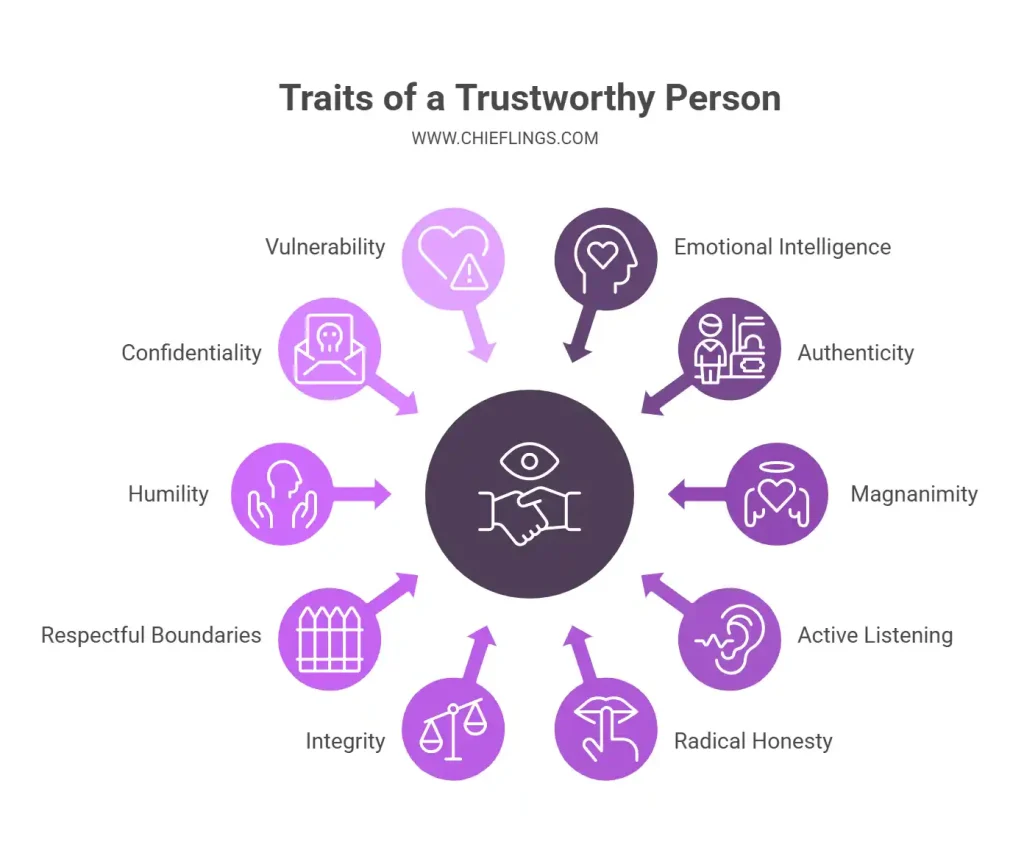
1. Emotional Intelligence: The Foundation of Deep Connection
I’ve learned that people open up when they sense you can handle both their emotions and your own. It is about being emotionally mature enough to sit with someone’s pain without trying to fix it immediately or getting overwhelmed by it.
It also involves being able to read facial expressions, situations, and rooms for emotions and responding in an informed way.
When someone shares their frustration about a failed project, I don’t jump in with solutions. I acknowledge their feelings first:
“That sounds incredibly frustrating. I can see why you’d feel that way.”
This simple validation creates space for deeper sharing.
Curated For You: 7 superpowers of an Emotionally Intelligent leader
2. Authenticity: Being Real in a World of Facades
People can smell fake from a mile away. I’ve found that my willingness to be imperfect, to admit when I don’t know something, or to share my own struggles gives others the permission to do the same.
More than being willing to be imperfect, I put my values on display. Not intentionally, though, but as the sheer result of a value-based lifestyle. Through your character, they begin to get a sense of the kind of person you are.
Having seen this, they have got themselves a decision to make —to trust or not to trust.
Action step: First, know what your values are, test them, and then cultivate only the ones associated with the kind of person God destined you to be.
3. Magnanimity: A Heart Without Judgment
This trait has been transformative for me. For me, having a magnanimous heart means approaching and treating others without pettiness or judgment. It’s about creating space for people to be human without criticism.
I wrote this in my prayer journal on March 30th, 2025:
Crystallize Your Learning
“When I come to you Lord in prayers, I pray and communicate well because with you there are no judgments. I can be vulnerable and authentic. I don’t have to put up a strong or mature front. I just ‘be’ which makes prayer time a very meaningful and enjoyable experience”
This divine model of non-judgmental acceptance has become my blueprint for how I interact with others.
4. Active Listening: The Art of Hearing Souls
True listening is rare. Most people are formulating their response while the other person is still talking. Since I read The 7 Habits of Highly Effective People, I’ve trained myself to listen with the intent to understand, not to respond.
This means putting my phone away, making eye contact, and sometimes even mirroring their body language. When someone leans forward while sharing something important, I lean in too. When they pause, I don’t rush to fill the silence. Sometimes the most profound sharing happens in those quiet moments.
And when it is time to respond, make sure you are doing so from a place of understanding. Feel free to ask clarifying questions. This shows you are paying attention and care about what they are discussing.
Curated For You: Summary and Review of The 7 Habits of Highly Effective People.
5. Radical Honesty: Truth as a Trust Builder
Honesty is more than “not lying”. It is about being truthful even when it’s uncomfortable (and sometimes costly).
When someone asks for my opinion on their idea and it needs additional work, I find gentle ways to be honest while still being supportive.
“I love your passion for this project. I have some thoughts on how we might strengthen the proposal. Would you like to hear them?”
This approach builds trust because people know they’ll get the truth from me, not empty flattery.
6. Integrity: Alignment Between Words and Actions
People watch to see if you do what you say you’ll do. I’ve learned to be careful about commitments because my reliability depends on consistency. When I tell someone I’ll follow up on something, I do it. When I say I’ll keep something confidential, I keep it locked away.
This consistency between my values and my actions creates a foundation of trust that people can depend on.
7. Respectful Boundaries: Knowing When Not to Press
Good Boundaries keep the good in and the bad out, according to Boundaries by Henry Cloud. They play an important role in relationships and should be considered and established.
Even if they are not communicated, being proactively thoughtful and considerate about their potential presence speaks volumes for you.
Listen, sometimes the most trustworthy thing you can do is NOT pursue information. Yes, you heard right. I know it sounds counterintuitive, but it is a lesson I’ve learned, and I believe you need to know it.
When someone seems reluctant to share details, don’t press on, not directly nor using psychological blackhat tricks.
I’ve learned to say, “It’s totally fine if you don’t want to share that. I’m here to listen to whatever you’re comfortable sharing.” and truly mean it.
This respect for their boundaries often makes them more willing to open up, not less.
8. Humility: Creating Space for Others to Shine
There’s something about a humble aura that puts people at ease. When people don’t feel like they have to impress me or meet impossibly high standards, they can be their true selves.
I’ve learned to come down to people’s level – not in a condescending way, but in a way that says, “We’re equals here. You don’t have to perform for me.”
Sit with them, treat them with respect, regardless of what people might say or think of you. When you act out of humility, you instantly become, in their eyes, a person who can relate and empathize with them.
9. Confidentiality: The Sacred Trust
Confidentiality: The Sacred Trust
This should go without saying, but it’s worth emphasizing: when someone shares something in confidence, it should stay that way.
It should remain private — unless withholding it could cause harm or violate organizational rules.
A good rule of thumb:
- If the roles were reversed, would I be comfortable with this being shared?
- Notice how the person shares. Were they hesitant? Did they imply it was sensitive?
- When in doubt, ask: “Would you prefer this stay between us?” This simple check reinforces trust.
Remember: if you gossip about others, you signal you can’t be trusted. They fear that tomorrow it will be their dirty laundry you’d be airing. Plus, the same people you entertain today will one day air your business too.
Good Ol’ Karma.
10. Vulnerability: Leading by Example
Perhaps the most powerful trait is being willing to be vulnerable yourself. When I share my own struggles, fears, or failures, it gives others permission to do the same.
I remember sharing with my team about a time I completely failed at a project early in my career. The conversation that followed was incredibly rich – team members started sharing their own fears and challenges, and we became a much stronger, more cohesive group.
One Action Step: The Vulnerability Challenge
Here’s something you can implement immediately: practice leading with vulnerability in your next meaningful conversation. Instead of waiting for the other person to share first, offer something authentic about yourself.
Start small. Maybe share a challenge you’re facing at work or a lesson you learned the hard way. Pay attention to how the other person responds. You’ll likely notice they begin sharing more openly too.
Keep a simple journal entry after each practice session:
- What did I share?
- How did the other person respond?
- What did I learn about creating trust?
This simple practice will accelerate your journey toward becoming someone people naturally confide in.



